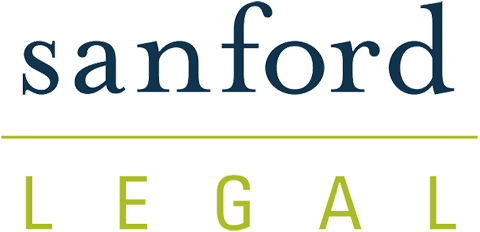With a focus on commercial, residential and mixed-use, our property team delivers the certainty you need. Whether you are purchasing your first property or are a property developer, an investor or a landlord, we’ll protect your interests.
Our expertise includes:
- Buying or Selling Property
- Buying or Selling a Business
- Commercial + Retail Leasing
- Liquor Licensing
- Finance Negotiation
- Joint Ventures
- Contract Review
- Off-the-Plan Developments
- Subdivisions
- Transfer of Properties
- Planning + Development Agreements
Commercial Leases
A commercial lease is a contract between a landlord and a tenant for the rental of commercial property. Before signing a commercial lease, it’s important to obtain advice in order to properly understand the lease contract that defines the rights and responsibilities of each party.
Term of lease and option to renew
The length of the lease is important when negotiating a commercial lease. Security of tenancy is one of the most important considerations when establishing and operating a business. You should negotiate the term and options of the lease to suit the requirements of your business. You can negotiate a clause which provides an option to renew your lease before the end of the lease term.
Rent and reviews
The rent and rent reviews are negotiated between the landlord and tenant. The rent is usually reviewed annually. Under NSW law, there is no limitation on the rate or method of the review for commercial leases. The method and rate of those reviews must be clearly set out in the lease for each rent review period.
Outgoings
Rent for a commercial lease may include or exclude outgoing costs such as insurance, council rates, water rates, land tax, management fees, strata or other levies. The lease document will identify the type of outgoings for which you’ll be liable in addition to your rent.
Bond
There are no legal requirements for a bond under a commercial lease. This is usually a matter for the parties to agree. The bond is usually between one to six month’s rent but in most cases is three (3) month’s rent. The bond can be provided in the form of a bank guarantee or cash deposit. The lease will need to specify when the bond will be returned to the tenant after the lease has ended and under what circumstances the landlord can withhold funds from the bond.
Fixtures and fit-out
Tenants generally pay the cost of installing fixtures and fittings. A contribution to the fit-out cost may be negotiated with the landlord. When the lease has ended, the tenant, unless agreed otherwise by the landlord, must remove the fit-out and return the shop to the condition it was in before the lease began. This is called “make good”.
Maintenance
Usually the tenant is responsible for general repairs and maintenance. The landlord is usually responsible for repairs and maintenance of a structural nature such as the roof, walls and air-conditioning. The landlord is also liable for repairs and maintenance of common areas and facilities like gardens, car parks and bathrooms.
These are just some of the main issues to consider before entering into a lease. However, there are also many more matters you’ll need to think about. That’s why it’s essential you obtain legal advice from the team at Sanford Legal before you make the significant legal commitment to a commercial and/or retail lease. We’ll be happy to help you every step of the way.
Contact Sanford Legal today for a no obligation fee estimate.


